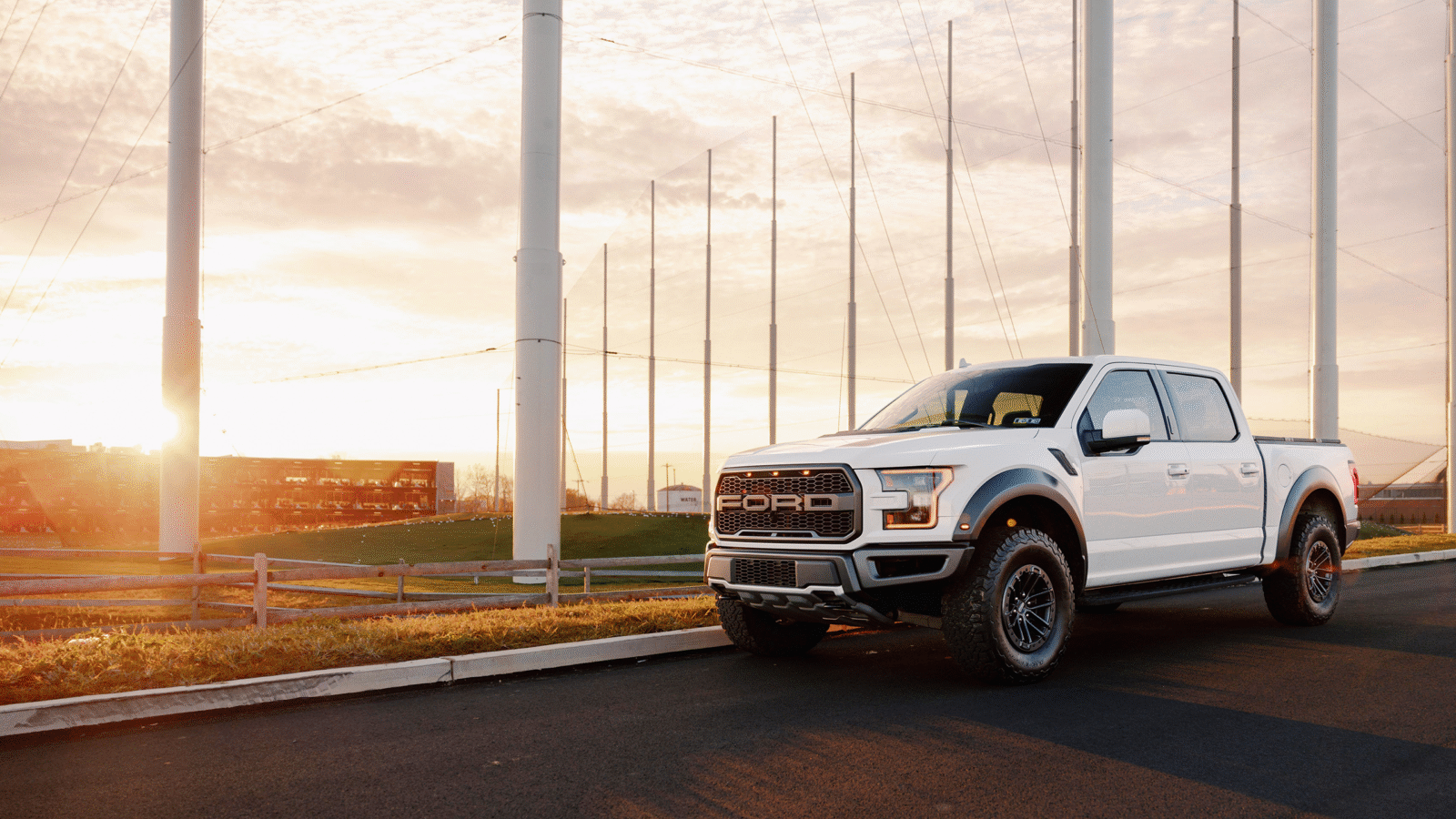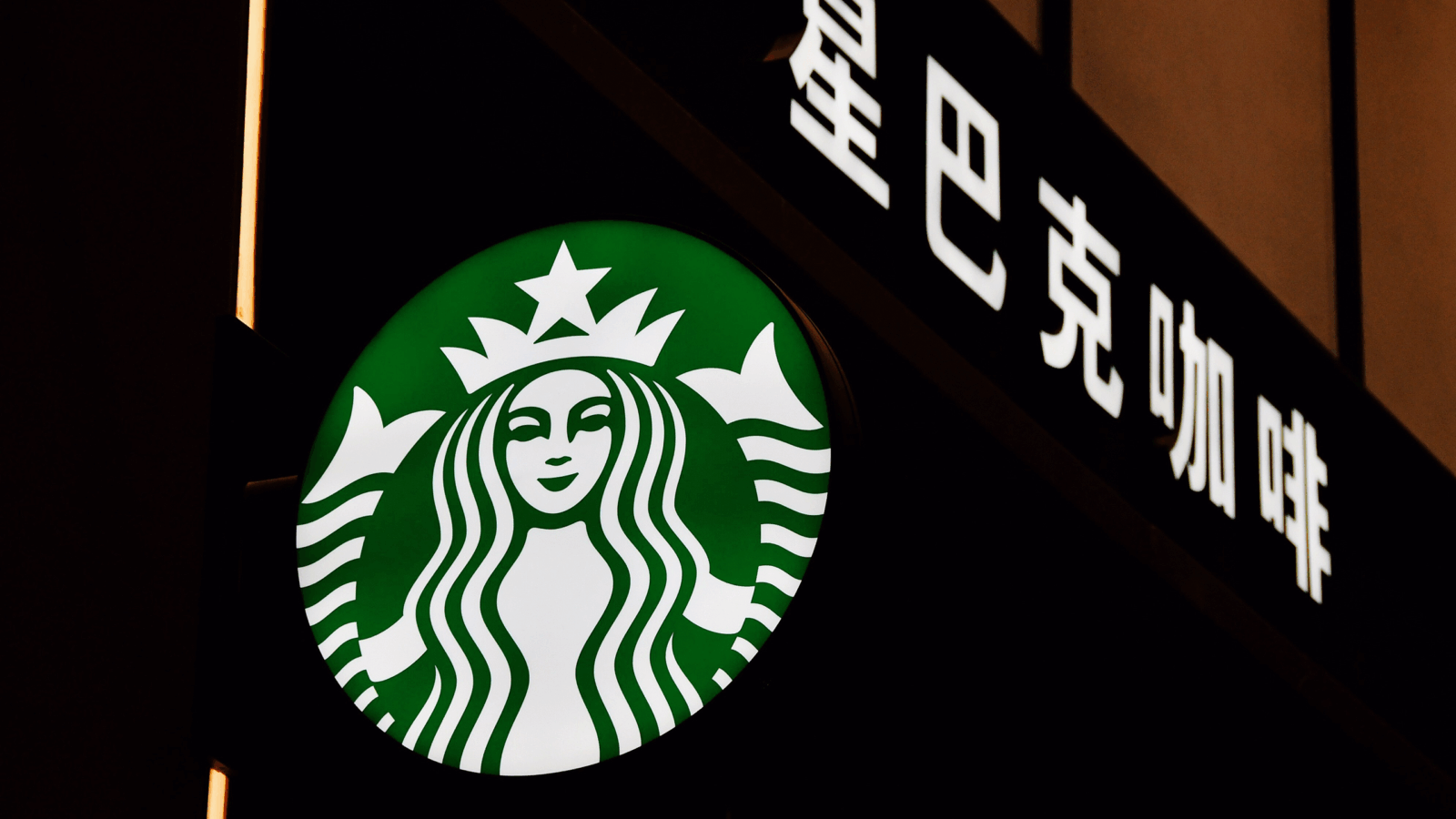Sign up for smart news, insights, and analysis on the biggest financial stories of the day.
It was the worst of times, now it’s the best of times.
After a bleak 2020, BMW and Mercedes reported record-setting first-quarter vehicle deliveries on Thursday. It’s a classic riches to rags to riches story for the luxury automakers.
OK Beemer
Last year, as big-ticket spending slowed during the pandemic, BMW sales fell 17.5% and Daimler-owned Mercedes sales fell 13%. But the German rivals made up ground early this year on the strength of two factors.
First off, demand for luxury vehicles has exploded in China.
- Deliveries in China nearly doubled for BMW, which makes Mini and Rolls-Royce vehicles as well as its flagship line. Overall, its sales surged 33.5% to 636,606 in the quarter.
- Mercedes sales in China grew 60%, while overall sales grew 22% to 581,270.
Second, luxury electric and hybrid vehicles are selling like carbon-neutral hotcakes.
- BMW is on track to sell more than 100,000 fully electric vehicles this year, with its iX SUV and i4 coupe rolling out over the coming months. The company expects at least half of its sales to be battery electric by 2030.
- Mercedes has received 20,000 orders for its all-electric EQA compact, and will unveil three more electric vehicles this year, including its flagship EQS sedan next week.
“People who have money to buy luxury vehicles were not hurt by the pandemic, in terms of job losses, and their bank accounts are beefed up because of months of not spending on things like vacations,” said Michelle Krebs, an analyst at Autotrader.
Don’t Count America Out: While the Chinese numbers are off the charts, luxury vehicle sales growth in America is vastly outpacing the broader market: in the first quarter, 547,903 luxury vehicles sold for a 20% increase, compared to a 12% increase in overall vehicle sales.
the takeaway
James Bond is still waiting on his electric Aston Martin. The British luxury carmaker is missing out after it punted its EV plans to 2025 amid financial troubles.











